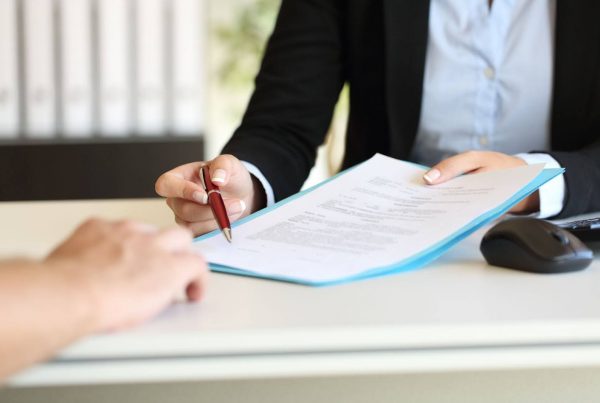By Mr. Anil Lalwani
Running a business comes with its fair share of challenges, and one of the most frustrating issues is unpaid invoices. Late payments can disrupt cash flow, strain business relationships, and even impact growth. Understanding the legal aspects of debt recovery is essential for businesses looking to protect their financial stability.
What Are Your Rights as a Business?
As a business, you have the legal right to recover debts owed to you. Singapore’s legal framework offers various avenues for debt recovery, ensuring businesses can pursue outstanding payments fairly and lawfully. However, navigating the legal process requires knowledge of the proper procedures to avoid unnecessary disputes or compliance issues.
Key Steps in the Debt Recovery Process
Debt recovery isn’t just about demanding payment—it’s about taking the right steps to resolve the situation efficiently. Here’s a structured approach businesses can take:
1. Negotiation and Reminders
- Before pursuing legal action, businesses should attempt to resolve the issue through direct communication.
- Sending polite but firm payment reminders via email, phone calls, or letters can prompt the debtor to pay.
2. Issuing a Letter of Demand
- If reminders go unanswered, a formal Letter of Demand (LOD) can be issued.
- This document serves as an official notice requesting payment within a specific timeframe, often 7 to 14 days.
3. Mediation and Alternative Dispute Resolution
- In some cases, mediation can help both parties reach a mutually beneficial agreement without the need for court proceedings.
- The Singapore Mediation Centre provides a structured approach to resolving financial disputes amicably.
4. Legal Action and Court Proceedings
- If all else fails, businesses may consider legal action.
- Claims below SGD 20,000 can be filed in the Small Claims Tribunals, while larger claims may require civil litigation.
- Seeking legal advice before proceeding ensures compliance with the law and increases the chances of a successful recovery.
How to Prevent Bad Debts
While debt recovery is an important process, preventing bad debts in the first place can save businesses time, resources, and stress. Here are some proactive steps to minimize risks:
- Conduct Credit Checks – Before extending credit, assess a client’s financial stability.
- Set Clear Payment Terms – Clearly outline payment terms in contracts and invoices.
- Follow Up on Payments Promptly – Regular follow-ups can reduce the chances of overdue payments.
- Consider Legal Support Early – Working with legal professionals can help ensure that your business is legally protected in every transaction.
Working with Legal Professionals for Efficient Recovery
Debt recovery can be time-consuming and complex. Engaging experienced lawyers can help streamline the process, ensuring that your business remains compliant while maximizing the chances of successful recovery. A legal team can assist with drafting demand letters, guiding negotiations, and representing your business in court if needed.
Take Action to Secure Your Business’s Finances
Unpaid debts don’t have to be a burden on your business. By understanding your legal options and taking the right steps, you can recover outstanding payments effectively. If you need guidance on the debt recovery process, seeking professional legal assistance can help safeguard your financial interests.
📩 Need help with debt recovery? Let’s talk. Get in touch with our legal team today.







